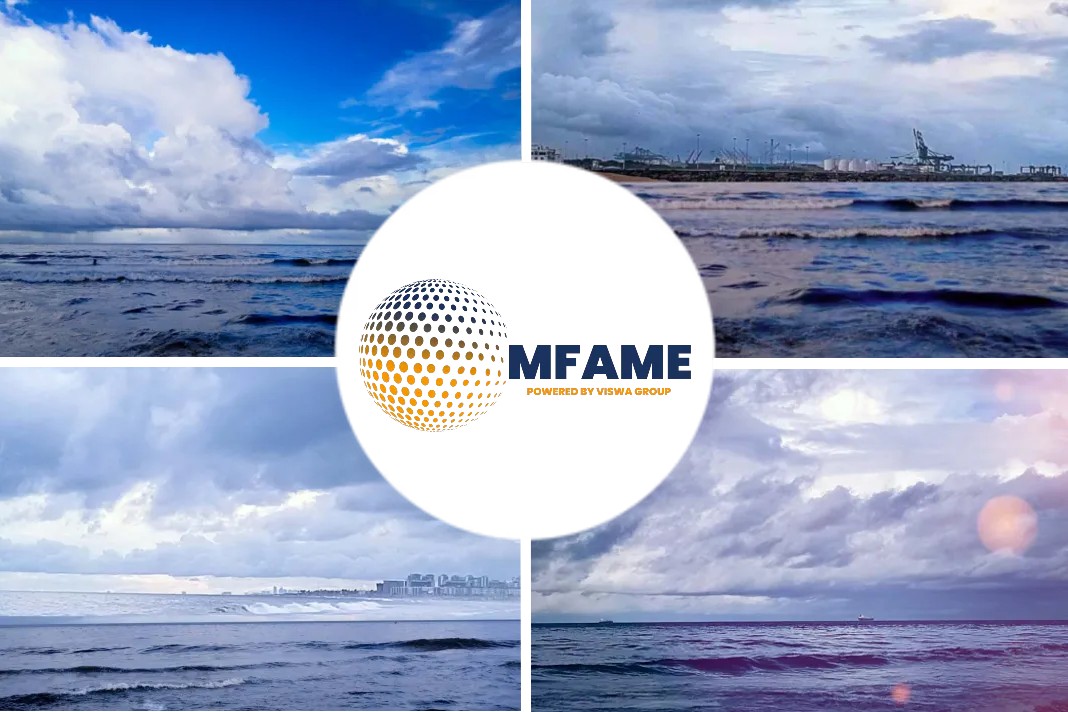
Ship managers are urging the European Commission to follow the ‘polluter pays’ approach when finalizing legislation intended to reduce greenhouse gas emissions from shipping in European waters.
Ensure Compliance
The Commission is set to finalize legislation which will include GHG emissions from maritime transport within the EU Emissions Trading Scheme (EU-ETS) and ship management association InterManager, which represents 80% of the world’s largest ship management companies, has submitted a position paper to inform this discussion. Its concerns center on the definition of the entity responsible for ETS compliance. In its submission InterManager stated: “The huge financial risk imposed on ship managers by the revised ETS Directive is disproportionate to the negligible influence managers have in respect of the emissions generated by maritime transport. This is in direct conflict with the “polluter pays” principle, which is a key tenet of EU environmental policy.”
InterManager stressed that it recognises the importance of reducing greenhouse gas emissions from maritime transport and welcomes regulations designed to enable the shipping industry to decarbonise, including revisions to the EU-ETS to include maritime transport emissions within its scope. However, it urged the Commission to word the regulation carefully to ensure the correct parties are in focus: “Under a Polluter Pays Scheme such as EU-ETS, the default responsible party should be the one controlling the highest number of emissions relevant aspects, not the one with the lowest.”
Patently Unjust
InterManager Secretary General, Captain Kuba Szymanski, commented: “It would be patently unjust if the EU legislation forcibly imposed that the ship manager shall be the regulated entity, this would be similar to holding the facility manager responsible, not the factory owner.” Noting the EU’s efforts to align the EU-ETS legislation with the shipping industry’s ISM Code, InterManager’s submission points out: “ISM is concerned with the safety of vessel operations in which we, as technical managers, do have a say as we provide the crew that operates the vessel in a safe manner as well as the procedural framework that allows them to do so.
Ship managers today technically manage nearly 25% of the world fleet and that number is growing rapidly. They also look after and (indirectly) employ more than 90% of the 1.7 million seafarers serving on that fleet. They are at the very forefront of technical, digital, logistic, procurement, human resource management, training and welfare development. They deal with a wider visibility of issues across the shipping, offshore and commodity sectors than any other operator.
Did you subscribe to our newsletter?
It’s free! Click here to subscribe!
Source: Marineinsight















